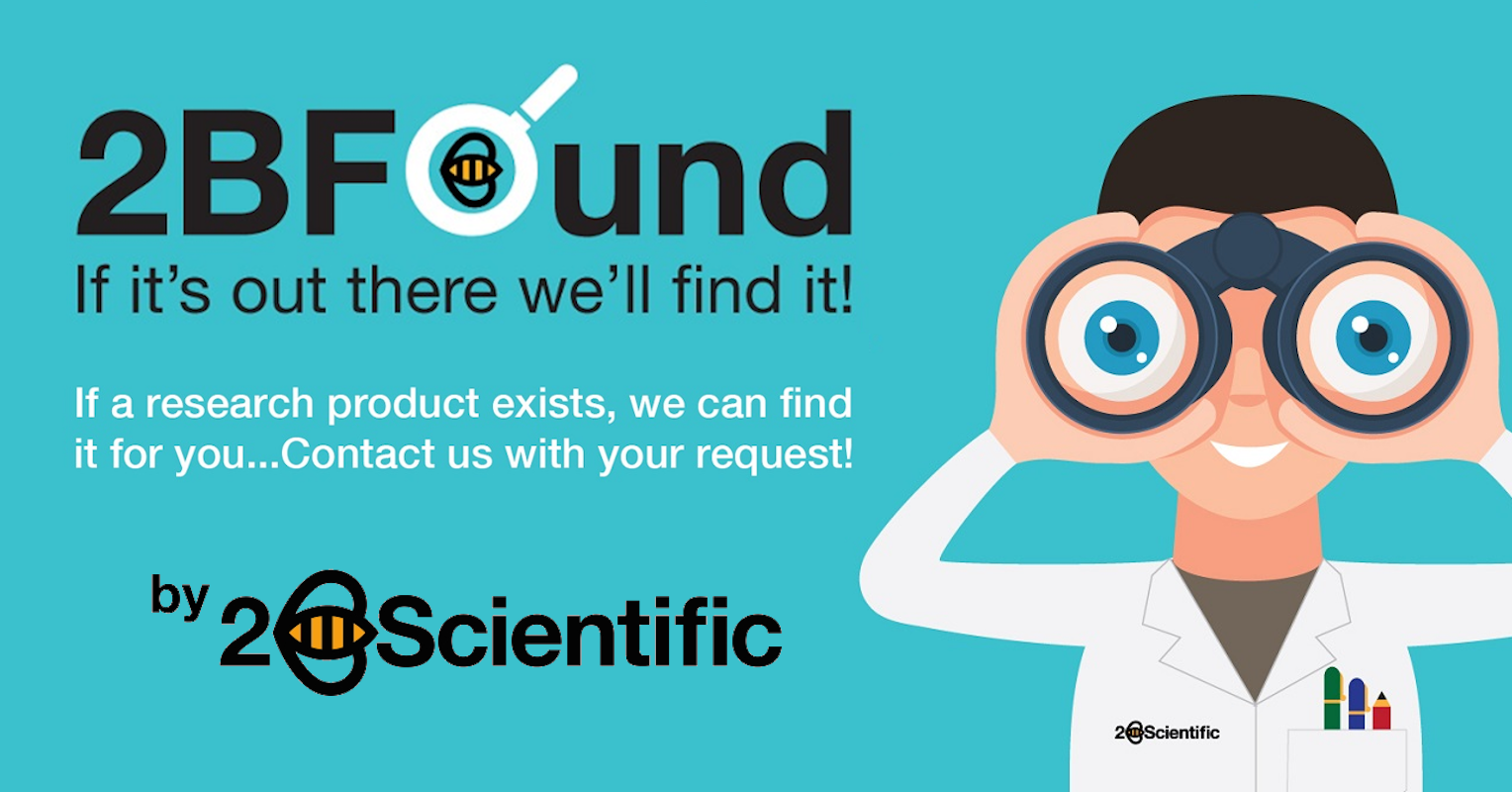
EGFR
Product Sizes
50 ug
£ POA
101-M386-50UG
About this Product
- SKU:
- 101-M386
- Additional Names:
- EGF receptor; EGFR; ERBB; HER1; mENA; ERBB1; PIG61
- Application:
- Western Blot
- Buffer:
- PBS
- translate.label.attr.clone:
- 5S21
- Clonality:
- Monoclonal
- Extra Details:
- The epidermal growth factor receptor (EGF R) subfamily of receptor tyrosine kinases comprises four members: EGF R (also known as HER1, ErbB1 or ErbB), ErbB2 (Neu, HER2), ErbB3 (HER3), and ErbB4 (HER4). All family members are type I transmembrane glycoproteins that have an extracellular domain which contains two cysteine-rich domains separated by a spacer region that is involved in ligand binding, and a cytoplasmic domain which has a membrane-proximal tyrosine kinase domain and a C-terminal tail with multiple tyrosine autophosphorylation sites. The human EGF R gene encodes a 1210 amino acid (aa) residue precursor with a 24 aa putative signal peptide, a 621 aa extracellular domain, a 23 aa transmembrane domain, and a 542 aa cytoplasmic domain. EGF R has been shown to bind a subset of the EGF family ligands, including EGF, amphiregulin, TGF A Alpha, betacellulin, epiregulin, heparin-binding EGF and neuregulin-2A Alpha in the absence of a coreceptor. Ligand binding induces EGF R homodimerization as well as heterodimerization with ErbB2, resulting in kinase activation, tyrosine phosphorylation and cell signaling. EGF R can also be recruited to form heterodimers with the ligand-activated ErbB3 or ErbB4. EGF R signaling has been shown to regulate multiple biological functions including cell proliferation, differentiation, motility and apoptosis. In addition, EGF R signaling has also been shown to play a role in carcinogenesis.
- Formulation:
- lyophilized
- Host:
- Mouse
- Immunogen:
- Human recombinant EGF-R EC domain
- Isotype:
- IgG2
- Purification:
- Protein G Purified
- Reactivities:
- Human
- Shipping Conditions:
- Ambient
- Storage Conditions:
- -70[o]C lyophilized. Avoid freeze/thaw cycles., -20[o]C reconstituted. Avoid freeze/thaw cycles.
- Supplier:
- ReliaTech
- Type:
- Antibody: Monoclonal Antibody
